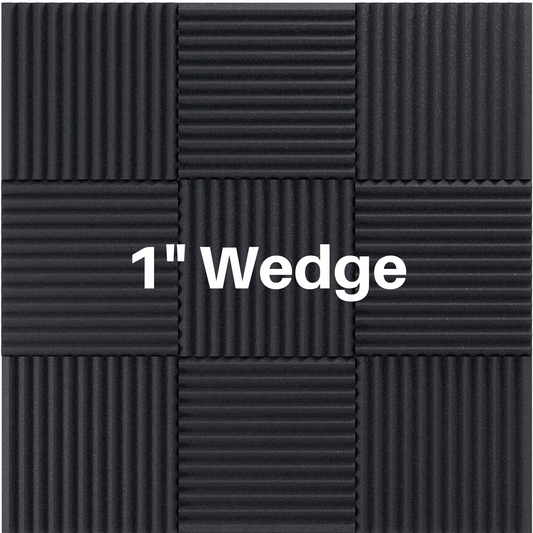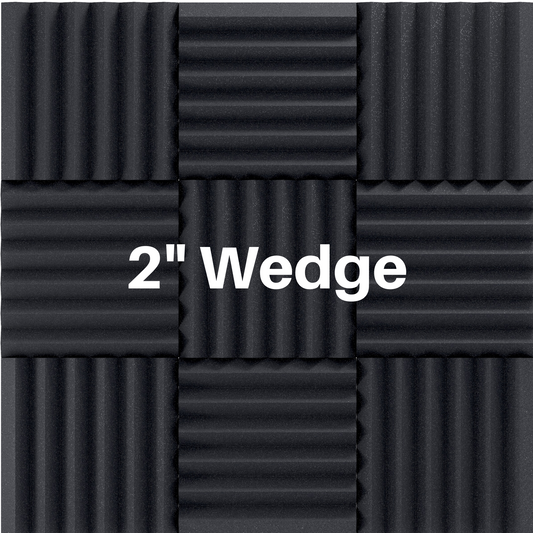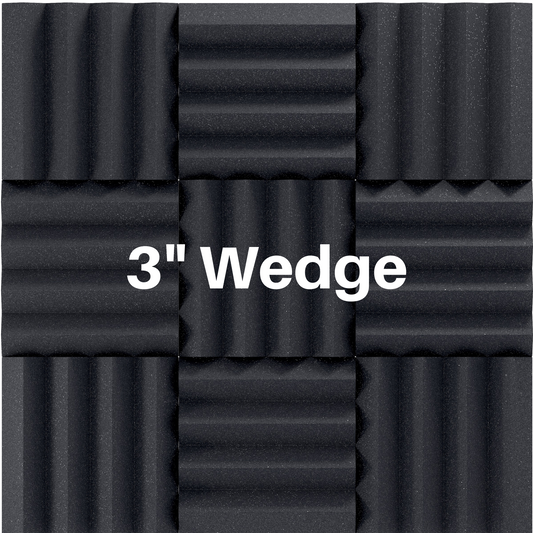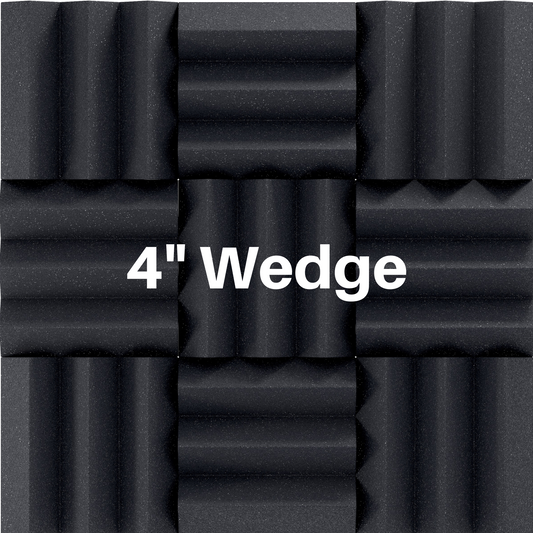Having Problems Hearing Dialogue In Your Home Theater?
Share
If you are having problems hearing dialogue in your home theater, then this post is for you! We know how annoying it can be to not hear what the characters are saying onscreen. There could be many reasons why you're experiencing these difficulties. In this article, we will outline some common causes of bad sound from a home theatre and give some solutions that might work for you.
Too much echo in your home theater?
One of the most common problems with home theater sound is echo. This can be caused by several things, such as the size of your room and the type of materials used in its construction. If your room is large or has a lot of hard surfaces (like drywall, tile or marble), then it will reflect sound more than other types of rooms. A large room will also make it more difficult to eliminate echoes.
The solution? This is a problem that can be fixed with some clever acoustic treatments and sound treatment methods, but if you want to do this yourself we recommend watching the videos at the bottom of this page.
If you're experiencing this problem, try adding some acoustic panels to your walls and/or ceiling. These are specially designed panels that help to absorb sound and reduce echoes. You can use acoustic foam panels or other types of sound absorbers like DIY fabric wrapped panels.
Root Cause = High Reverberation Time
After finding out more information about the home theater rooms it was discovered that the root cause of the problem was the rooms had a really high reverberation time!
Reverberation Time is the time it takes for a sound to decay by 60 dB and is sometimes abbreviated T60 or RT60. A T60 of less than 0.5 seconds is ideal for good speech clarity and an ideal home theater room.
To find the reverberation time (T60) of a room we use the equation:
T60 = 0.16V/A
- T60 represents the Reverberation Time
- V represents the total Volume of the room
- A represents the total Absorption of the room
The way we calculate reverberation time here is by using the total absorption of a room. This does not require any testing, microphones or speakers. You can find this by simply measuring the size of each surface in the room and finding the absorption coefficient of each material.
If you need help finding the reverb time in your room please fill out our free room analysis!
Our free reverberation time calculator is in the form of an excel spreadsheet. You can open this with Microsoft excel or in Google sheets.
Here is a video explaining how to use the FREE T60 CALCULATOR!
Solution = Acoustic Absorption
You can lower the reverb time in your home theater by adding acoustic absorption!
Some examples of acoustic absorption are:
How much acoustic absorption do you need?
Generally, larger rooms will need more treatment than small rooms. Also, other objects in the room play a role. If you have all flat surfaces, wood floors and wood furniture you will need more acoustic absorption than someone with the same size room but thick carpet, big soft couches and thick curtains over the windows.
FREE TOOLS:
- Acoustic foam room calculator - To get a quick idea of how much coverage
- Free room analysis! - Send us info about your room and one of our acoustic pros will help you come up with a personalized treatment plan!
Here is an example of a home theater design by our friend EXOcontralto!
CLICK HERE to buy one of his custom acoustic foam bundles!
Below are three renderings of a basement home theater using the EXO-A acoustic foam bundle!



Here is another example of a home theater design by our friend That Home Theater Dude!
CLICK HERE to buy one of his custom acoustic foam bundles!
CLICK HERE to shop all acoustics products!
Please contact us if you have any questions at all. We would love to help you out in any way we can!




